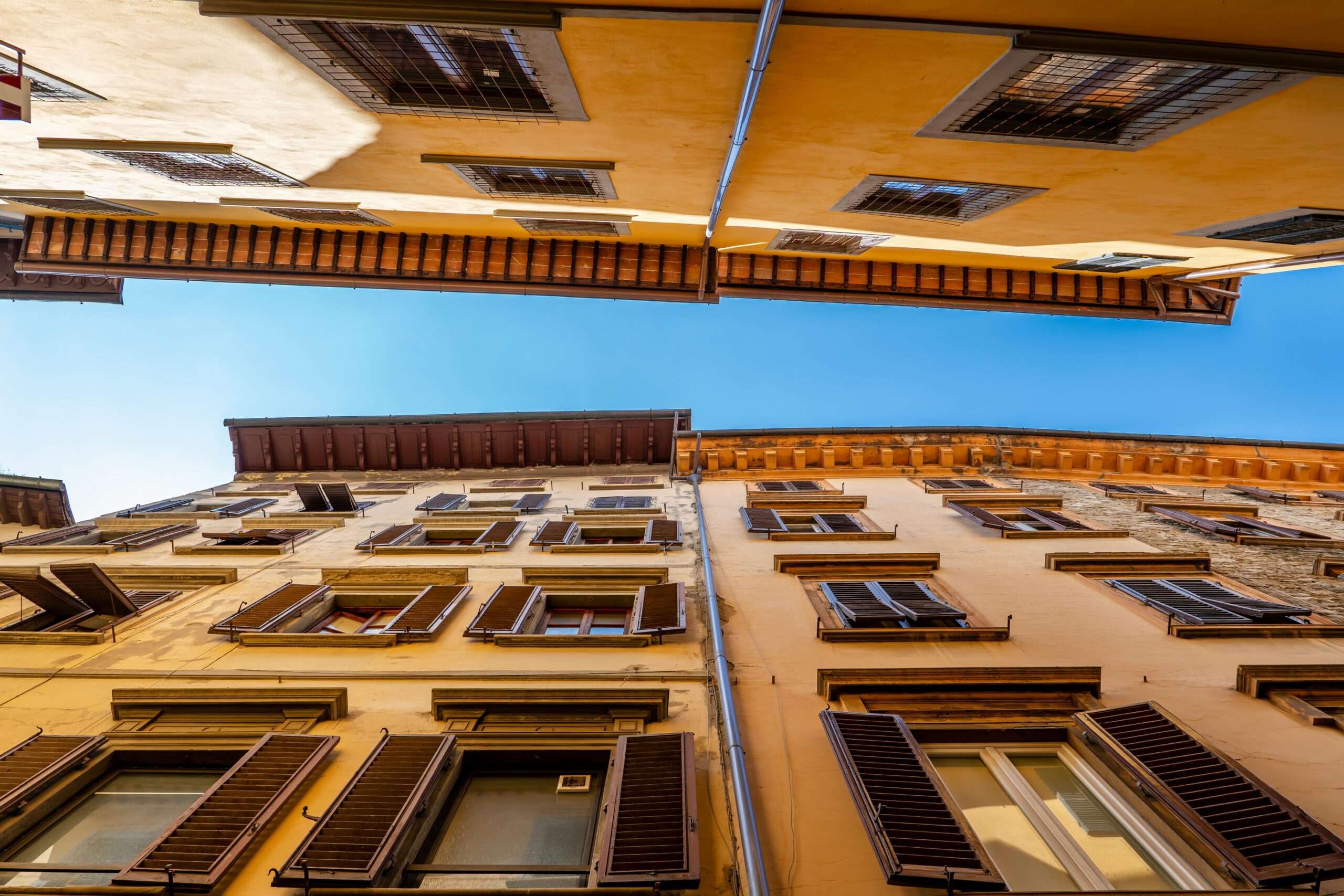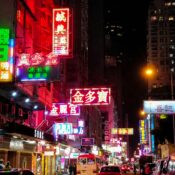
South Africa: Culture, Traditions & Identity
Culture & Heritage
South Africa, often referred to as the “Rainbow Nation”, is a country marked by its diverse cultural heritage and history. It is a land where Afrikaner, British, Zulu, Xhosa, Africans, Indians, and coloured communities have coexisted, creating a rich cultural blend that is unique to the world. South Africa’s culture reflects the complexities of its colonial history, apartheid era, and the transition to democracy, making it one of the most dynamic countries on the African continent.
Arts & Literature
South African literature reflects the country’s complex political history, including the era of apartheid and the fight for freedom. Renowned authors such as Nadine Gordimer, J.M. Coetzee (a Nobel laureate), Alan Paton (author of Cry, the Beloved Country), and Zakes Mda have brought global attention to South African literature, which deals with themes of identity, race, history, and social justice.
In visual arts, South Africa has produced numerous iconic artists, including William Kentridge (known for his innovative animations and art installations) and Gerard Sekoto (whose work captured the lives of South Africa’s urban poor). Traditional African art, including beadwork, pottery, and sculpture, continues to be a central part of the country’s heritage.
Music & Dance
South African music is globally influential, with genres such as jazz, kwaito, maskandi, mbaqanga, and afrobeat being integral parts of the musical landscape. Hugh Masekela and Miriam Makeba, both internationally acclaimed musicians, helped bring South African music to the world stage, particularly jazz and traditional African sounds. The vibrant Ghoema music of Cape Town and the rhythm-heavy Zulu and Xhosa dance traditions are also prominent throughout the country.
In contemporary music, the Kwaito movement, which emerged in the 1990s, blends African rhythms with modern electronic music and is a key part of South Africa’s post-apartheid cultural expression. Gospel music also plays a major role in South African life, as the country has a strong Christian presence.
Cultural Symbols
The South African flag, which features six colors (black, green, yellow, white, red, and blue), symbolizes the country’s unity and diversity. The Springbok, a type of antelope, is the country’s national animal and a symbol of strength and grace. The national flower, the King Protea, reflects the country’s natural beauty.
The big five of South African wildlife — lions, elephants, buffaloes, leopards, and rhinos — also represent the power and importance of wildlife conservation and tourism in the country.
Traditions & Daily Life
South Africa’s traditions and daily life are shaped by its multicultural society, with a variety of ethnic groups practicing their own customs, foodways, and rituals. The concept of Ubuntu, which translates to “I am because we are,” is central to the country’s philosophy and social interactions, emphasizing community, compassion, and interconnectedness.
Work & Lifestyle
South Africa is the continent’s most industrialized country, and its economy is based on mining, agriculture, manufacturing, and services. Cities like Johannesburg, Cape Town, and Durban are the economic and cultural hubs, with Johannesburg being the largest city and a major financial center.
In rural areas, farming and community-based livelihoods remain important, with Afrikaner and Zulu traditions maintaining strong ties to the land. Agriculture, particularly wheat, maize, and fruit, plays a significant role in the rural economy. Tourism is a booming industry as well, drawing visitors to the country’s National Parks, beaches, and cultural festivals.
Celebrations & Holidays
- Freedom Day (April 27th) – Celebrates the first post-apartheid elections held in 1994, marking the country’s transition to a democratic society.
- Heritage Day (September 24th) – A national holiday that celebrates South Africa’s diverse cultures and customs, where people are encouraged to wear traditional clothing and enjoy cultural food.
- Nelson Mandela Day (July 18th) – Honors the life and legacy of Nelson Mandela, South Africa’s first black president and anti-apartheid revolutionary.
- Christmas and Easter – Both Christian holidays are widely celebrated, marked by family gatherings, church services, and festive meals.
Traditional festivals include the Ndebele wedding ceremony, Xhosa initiation rites, and the Durban International Film Festival, which celebrates the best in local and international film.
Food Culture
South African cuisine is a rich blend of indigenous, colonial, and immigrant influences. Common dishes include:
- Biltong – Dried cured meat, often made from beef or game meat.
- Bunny chow – A unique dish from Durban, consisting of a hollowed-out loaf of bread filled with curry.
- Braai – The South African version of a barbecue, typically involving grilling meat like boerewors (sausages), steaks, and chops over an open flame.
- Pap – A maize-based dish, similar to polenta, often served with tomato and onion gravy or meat stews.
- Cape Malay curry – A spicy, flavorful curry that blends African, Malaysian, and Indonesian influences.
- Melktert – A traditional dessert made with a sweet pastry crust filled with milk custard.
South African cuisine is often communal, with large meals shared among family and friends, reflecting the importance of community in the culture.
Community & Social Life
The concept of Ubuntu is central to social life in South Africa. Communities are closely knit, and the sense of family extends beyond biological ties to include neighbors, friends, and even strangers. Social gatherings often center around food, music, and dance, with the braai (barbecue) being a key social event in South African culture.
Football (soccer) is the most popular sport, with the Springboks (rugby) and cricket also being major national pastimes. Festivals, such as Cape Town’s Minstrels Parade or the National Arts Festival in Grahamstown, provide platforms for the celebration of South Africa’s vibrant cultural diversity.
Language & Religion
Language
South Africa is a linguistically diverse country with 11 official languages, including Zulu, Xhosa, Afrikaans, English, Sepedi, Tswana, and Venda. The country’s multilingual nature reflects its rich cultural diversity, and many South Africans are bilingual or multilingual.
- English is widely spoken in urban areas and is used in business, government, and media.
- Afrikaans, a language developed from Dutch, is spoken mainly by the white Afrikaner population.
- Zulu and Xhosa are two of the most widely spoken indigenous languages, particularly in the KwaZulu-Natal and Eastern Cape regions.
Religion
Hinduism is practiced by a portion of the South African population, particularly among the Indian community, and Judaism has a small, yet historically significant, presence in the country.
Christianity is the dominant religion, with the majority of South Africans identifying as Protestants, Roman Catholics, and Anglicans. The influence of Christianity is seen in many cultural practices and holidays, such as Christmas and Easter.
Traditional African religions are practiced by a significant portion of the population, especially in rural areas, and often blend with Christianity. Ancestor worship, rituals, and ceremonies play an important role in many African communities.
Islam is practiced mainly by the Indian and Cape Malay populations, especially in Durban and Cape Town.
All Categories
Recent Posts
Guyana: Culture, Traditions & Identity
Australia: Culture, Traditions & Identity
China: Culture, Traditions & Identity
+1 (804) 663 8383
connect@cultureecounters.org



